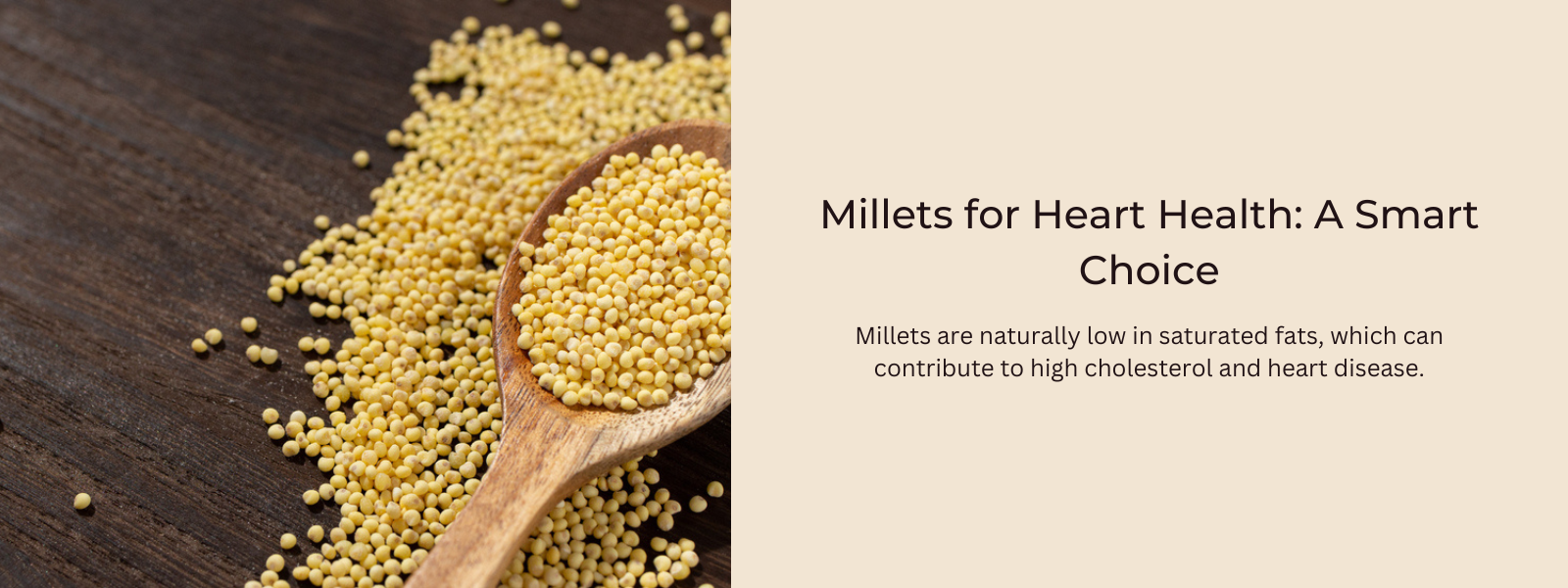Table of Contents
Protein plays a crucial role in cardiovascular health, influencing various factors that contribute to heart function and overall well-being. Adopting a heart-healthy approach involves making mindful choices regarding the types and sources of protein in your diet. Here we share a detailed analysis of how protein impacts cardiovascular health:
Lean Protein Sources:
- Opt for lean protein sources to reduce saturated fat intake, a significant contributor to elevated cholesterol levels and heart disease. Choose skinless poultry, fish, lean cuts of meat, legumes, and plant-based protein alternatives to promote heart health.
Fatty Fish for Omega-3 Fatty Acids:
- Fatty fish such as salmon, mackerel, and trout are rich in omega-3 fatty acids, known for their cardiovascular benefits. Omega-3s have anti-inflammatory properties, can reduce blood clotting, and are associated with a lower risk of heart attacks and strokes.
Plant-Based Proteins:
- Incorporate plant-based protein sources like beans, lentils, tofu, and nuts. These options are generally lower in saturated fat and can contribute to improved cholesterol levels and heart health. Plant-based diets have been linked to a reduced risk of cardiovascular diseases.
Limit Processed and Red Meat:
- Processed and red meats have been associated with an increased risk of heart disease, possibly due to their high saturated fat and sodium content. Limiting the consumption of these meats, choosing lean cuts, and opting for healthier cooking methods can support cardiovascular health.
Dairy Choices:
- Choose low-fat or fat-free dairy products to reduce saturated fat intake while still benefiting from protein, calcium, and other essential nutrients for heart health. Dairy can be a valuable part of a heart-healthy diet when chosen wisely.
Protein and Weight Management:
- Adequate protein intake is crucial for weight management, as it promotes satiety and helps preserve lean muscle mass. Maintaining a healthy weight is a key factor in reducing the risk of cardiovascular diseases, including heart attacks and hypertension.
Balanced Diet:
- Focus on a balanced diet that includes a mix of protein sources, whole grains, fruits, vegetables, and healthy fats. Such a diet provides a range of nutrients, including vitamins, minerals, and antioxidants, that contribute to heart health.
Watch Sodium Intake:
- Be mindful of the sodium content in processed and packaged protein sources. High sodium intake can contribute to high blood pressure, a risk factor for heart disease. Reading labels and choosing low-sodium options can help manage salt intake.
Hydration:
- Adequate hydration is essential for cardiovascular health. Water supports blood volume and helps maintain healthy blood viscosity, facilitating the transport of nutrients and oxygen to cells.
Lifestyle Factors:
- Adopting a heart-healthy lifestyle involves not only dietary choices but also incorporating regular physical activity, ensuring sufficient sleep, managing stress, and avoiding tobacco use. These lifestyle factors collectively contribute to overall cardiovascular well-being.
Quick Points for Good Heart Health:
- Healthy Diet:
- Choose a diet rich in fruits, vegetables, whole grains, lean proteins, and healthy fats.
- Limit saturated and trans fats, cholesterol, and sodium intake.
- Regular Exercise:
- Engage in at least 150 minutes of moderate-intensity aerobic exercise or 75 minutes of vigorous-intensity exercise per week.
- Include strength training exercises at least two days a week.
- Maintain a Healthy Weight:
- Aim for a body mass index (BMI) within the normal range.
- Focus on gradual, sustainable weight loss if overweight.
- Manage Stress:
- Practice stress-reducing techniques such as deep breathing, meditation, or yoga.
- Ensure sufficient sleep to support overall well-being.
- Quit Smoking:
- If you smoke, quit. Smoking is a major risk factor for heart disease.
- Limit Alcohol Intake:
- Consume alcohol in moderation. Limit to one drink per day for women and up to two drinks per day for men.
- Regular Health Check-ups:
- Schedule regular check-ups with your healthcare provider.
- Monitor blood pressure, cholesterol levels, and blood sugar.
- Stay Hydrated:
- Drink an adequate amount of water daily to support overall health.
- Limit Processed Foods:
- Minimize the intake of processed and sugary foods.
- Choose whole, nutrient-dense foods.
- Know Your Family History:
- Be aware of your family's history of heart disease and share it with your healthcare provider.
- Regular Health Screenings:
- Undergo regular screenings for conditions such as high blood pressure, high cholesterol, and diabetes.
- Stay Informed:
- Stay informed about heart health guidelines and recommendations.
- Educate yourself about heart-healthy habits and lifestyle choices.
Conclusion:
In conclusion, protein is a vital component of a heart-healthy diet, and the choice of protein sources can significantly impact cardiovascular health. A balanced and mindful approach to protein intake, combined with other lifestyle factors, is key to promoting heart health and reducing the risk of cardiovascular diseases.











Leave a comment